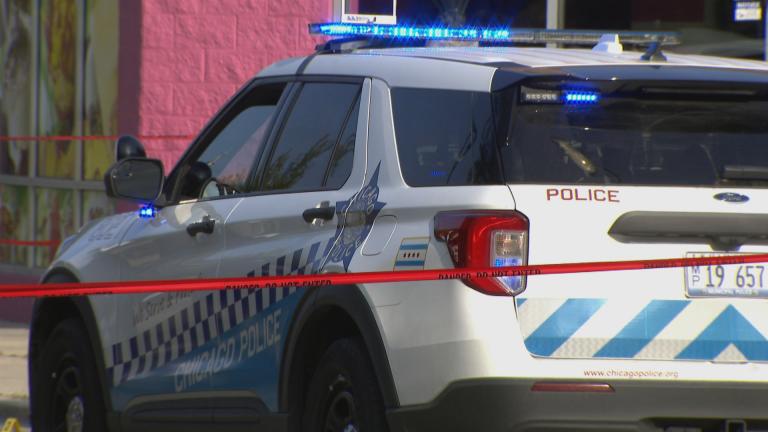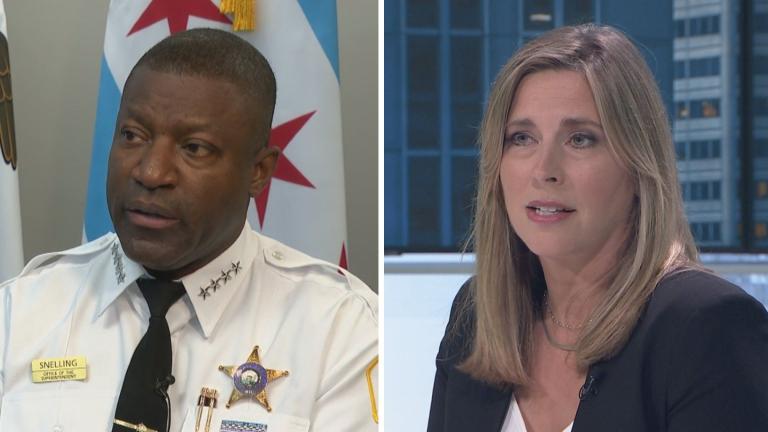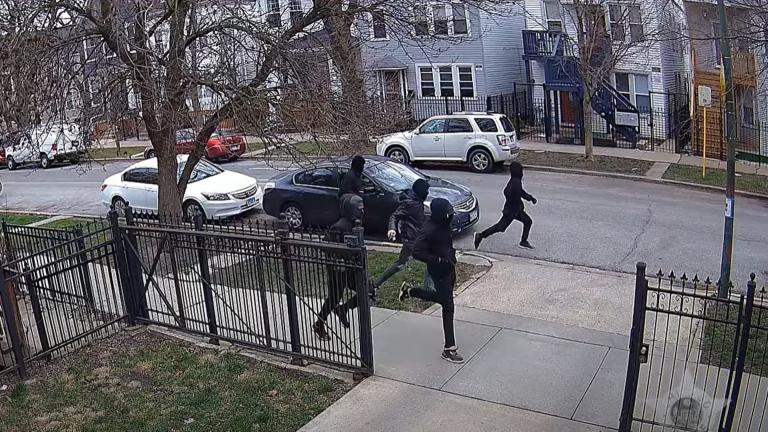Amid protests across the city and the nation following the death of George Floyd, and serious conversations about police reform and restructuring, many Chicagoans are talking about their own negative interactions with police officers — and how a lack of trust can have a lasting impact on their communities.
“When the police step on the scene, it is automatically escalating,” said LaTanya Sublett, a senior mental health worker with Heartland Alliance who serves on the Survivors and Family Advisory Council of the Chicago Torture Justice Center. “People of color know the history of what has happened in the presence of officers. They create anxiety and tension, If you call them to complain about someone coming through their yard, throwing litter, the police show up in force and it is you that gets questioned,” Sublett said.
Allison Pulley, co-founder of Black Lives Matter Chicago, points out that the modern police force looks like a military unit.
“Why do they take war-style tactics with civilians? We need an extreme reduction in the police. They do not need more training to learn how to not kill or torture someone,” Pulley said. “We need to refund communities, invest in communities we never invested in, to address the underlying social problems that will not be solved by policing.”
Black Lives Matter is calling for the defunding of police. The money should instead be used, they say, on mental health programs, social services, the education system, and for rebuilding devastated and neglected communities.
Damon Williams, an activist and artist working with the Let Us Breathe Collective, says he was recently beaten in a standoff with police in Hyde Park. Chicago Police Board President Ghian Foreman also claims to have been beaten by the police in the confrontation.
“Policing and imprisonment are violent structure that create collective harm. We should put our money anywhere else. It’s better than the horror and violence in our community or anywhere. Violence cannot heal or adequately respond to violence,” Williams said.
For Mark Clements — a survivor of police torture, wrongful conviction and incarceration — the problem isn’t about the race of politicians, judges, state’s attorneys or police.
“This continues for one reason: money. Simple as that. Big money being scooted around from government to government, from the city to the county to the state. The prison industrial complex. We have been terrorized for this factor. Society is worse than it’s ever been because of this,” he said.
Clements’ uncle was a Chicago police officer, and the judge who sentenced him was African American.
But Clements does see hope in the youth.
“I can’t walk for miles and scream and holler to effectively bring attention to this,” he said. “Without the youth we wouldn’t have anyone fighting so that people are seriously taking a hard look at what is going on, and politicians taking a hard look at pleasing the people. I am very thankful for the youth of today.”
For a conversation about creating an accountable police department and how systems and structures can be created that incentivize better behavior, constitutional policing and how to address the root causes of systemic racism and inequality, we turn to Xavier Ramey, Angelique Power, Todd Belcore and the Rev. Waltrina Middleton.
Note: This was presented as part of “Peace and Justice,” an hourlong special from “Chicago Tonight.” Watch the full special here.








